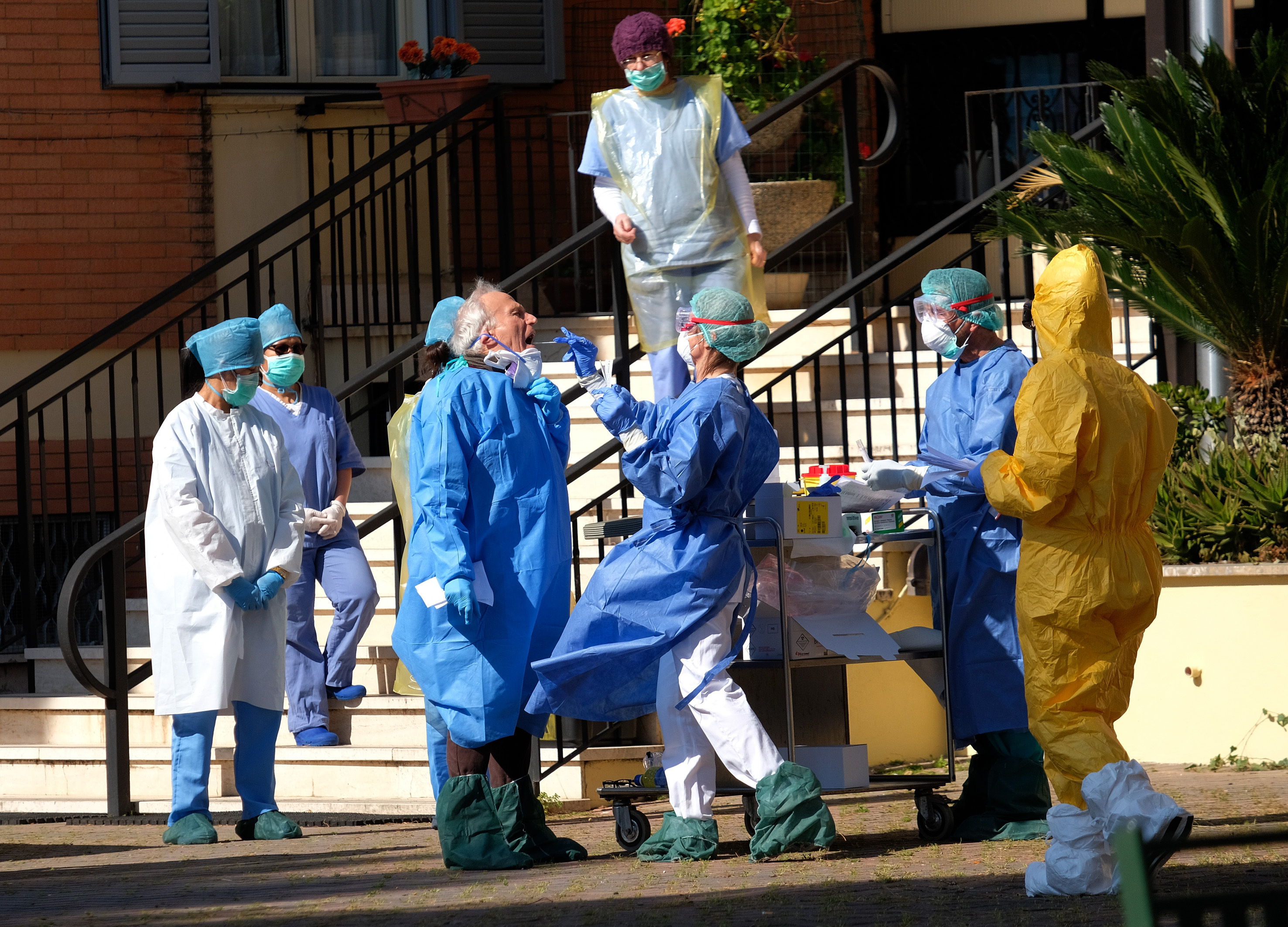The patient had won national swimming championships in his youth but now had a lot going against him. As he waited for a kidney transplant, doctors in the northern Italian town of Brescia discovered he had heart disease and had contracted the coronavirus.
But what ultimately killed him this month was the decision to give his ventilator to a younger coronavirus patient who had a better shot at survival.
“He died the next day,” said Dr Marco Metra, the chief of cardiology at the University and City Hospitals in Brescia. “If a patient has a low likelihood to benefit from the hospital, we have to not accept them. You send them home.” He added, “This is also what I am seeing every day.”
This is the nightmare situation for doctors throughout the northern Italian cities at the centre of the global coronavirus pandemic. It is also one facing the countries lagging only days behind Italy in the progression of the pandemic, including Spain, France, Britain and the US.
Two weeks after the Italian government took strict measures to lock down the country, officials announced on Monday that, for the second day in a row, the number of new cases and deaths had declined.
The number of patients in the hospitals in Lombardy, the region that is by far the hardest hit in Italy, had gone down as well, to 9,266 from 9,439.
“We can say that today is the first positive day,” said Giulio Gallera, Lombardy’s leading health official. “It’s not the moment to sing victory, but we finally see light at the end of the tunnel.”
But the first indications of a flattening of the deadly spike in the contagion have not arrived soon enough for hospitals in the hardest-hit regions that await a return to relative normalcy. The intensive, and lengthy, treatment required to heal hospitalised patients with the virus means that will not happen anytime soon.










